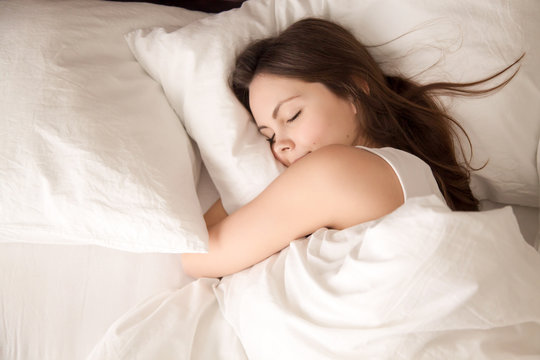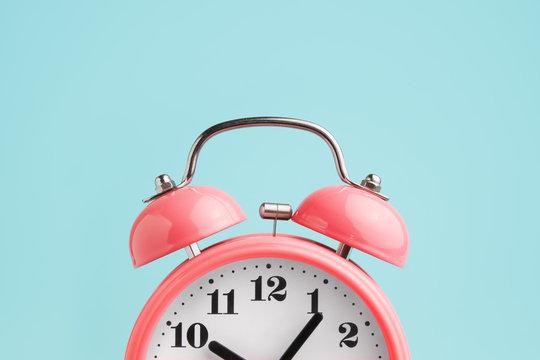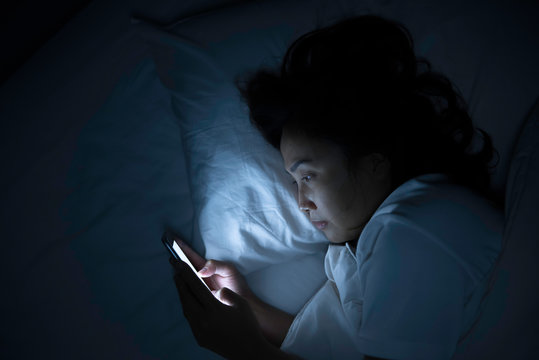We have all had nights where we toss and turn for what feels like an eternity, but our brain just won’t shut off and let us sleep. Maybe you are stressed about the exam you have the next morning, or whether or not you will get Eras Tour Taylor Swift Tickets…
Or even worse, have you ever had a good night’s sleep yet still feel tired and groggy in the morning?
The quality of sleep affects the time we are awake and makes a big difference to a person’s mood, energy levels and productivity for the entire day.

The science behind sleeping
Your body has a clock that signals you to sleep every day, which is your circadian rhythm – this rhythm builds your urge to sleep as time passes throughout the day. This drive to sleep reaches its peak at night. Your body produces chemicals to regulate your internal clock. When it is dark, your system releases melatonin; a hormone that signals your body to rest and sleep. Another compound in your body that helps you fall asleep is adenosine. The level of adenosine slowly rises in your brain until you feel the need to dose off. When asleep, your body then breaks down this compound. Then by sunrise, your body releases cortisol; a hormone responsible for waking you up.
Your body clock alters as you age, and teenagers often sleep later than kids and adults. This is because melatonin for teenagers is released later at night and thus they prefer sleeping past midnight. Kids and adults tend to wake up earlier in the morning than teenagers.
Below is a table that shows the hours of sleep individuals need according to their age group
|
Age group |
Hours of sleep needed |
|
infants |
12-16 |
|
1-2yo |
11-14 |
|
3-5yo |
10-13 |
|
6-12yo |
9-12 |
|
13-18yo |
8-10 |
|
18+ |
7-8 |
Sleep debt
The more hours of sleep you lack, the more dept sleep you will have. Some individuals take naps to address their sleep debt, however napping does not give you the same benefits that long periods of sleep gives you. Some people rest more during the weekends than on working days, usually sleeping later in the evening and waking up later in the morning. Needing too much sleep on your days off can be a sign that you’re not getting adequate sleep!
Easy tips for developing a good sleep habit
-
Set your sleeping and waking time.

Having a consistent sleep schedule may sound boring and unrealistic – especially to keep up on weekends and holidays! But research indicates that sticking to a consistent sleep schedule can provide you with many health benefits and makes it much easier to get a quality sleep. If you sleep at 9pm and wake up at 5am, make that a routine throughout the week. The point is, it makes it easier to fall asleep at night and wake up in the morning when you train your body to do so at consistent times. Your body craves the training and schedule, which shows by feeling refreshed and restored when waking up in the morning.
But what is the perfect bed time and wake time? Well that is unique to you! It takes each person figuring out the optimal amount of sleep hours that works for them, and what time it works best to actually go to sleep and wake up.
There are also several health benefits to having a sleep schedule such as:
- Being more likely to maintain a healthy weight
- Lower overall levels of stress
- Improved mood
- Lower risk of diabetes and heart disease
-
Watch what you eat and drink
We all love a late night snack…but eating a meal directly before bed can affect how well we sleep at night. But with that said, a large meal should be avoided, but that doesn’t mean you still can’t have your late night snack. However, there are some things to keep in mind with what you are eating and drinking before you sleep:

Wait 2-3 hours between your last meal and bedtime
It is generally recommended to wait this time to allow for the contents in your stomach to move into your small intestine while being digested. And going back to the circadian rhythm…eating prompts the release of insulin, a hormone that helps your body use food for energy and therefore eating at night tells your brain to stay awake.
Eat sleep-enhancing food
If you do feel peckish before you got to bed, there are certain foods that are light on the stomach and can promote better sleep such as Kiwi, cherries Bananas Whole grain foods and chamomile tea. When you’re planning an evening snack, avoid foods that can trigger heart burn, like spicy and acidic foods such as citrus and tomatoes.
Avoid caffeine, alcohol and tobacco products
Caffeine blocks a chemical that makes you feel sleepy so it is definitely not an ideal substance to be consuming before you sleep. Everyone’s sensitivity levels to caffeine are different, so what time of day you stop drinking it may be something you have to figure out with trial and error.
-
Turn off the electronic devices to turn off your brain

“Turn off your screens before you sleep” is probably a term we have all heard. But there is an actual science behind the link between using a device before you sleep, and a poor quality sleep. Device screens produce a blue light which stimulates a part of our brain that suppresses production of melatonin. This literally means the longer we spend on our devices at night, the harder it is to turn our brain “off” and fall asleep! It is recommended that turning off your electronic devices at least an hour before your bedtime can help your brain transition to “sleep-mode.”
As fun as it is to binge Netflix episodes or watch reality tv right before you sleep, spending that time reading a book, taking a bath or doing some other relaxing activity.
-
Sleep temperature
It may not be as obvious but temperature is another thing that matters for a good sleep. The ideal range of temperature for optimal sleep is between 15-22 degrees Celsius. This creates a “just right” environment for sleep by working alongside patterns of our core body temperature. This range is ideal because variations in our core body temperature, which is regulated by our body’s circadian rhythm (there it is again…) drop in the evening and coincides with our brain’s melatonin secretion.

Remember: Our body is a temple, and while we think sleeping is to rest our body, it is actually the time it rebuilds and strengthens to support us for the next day! This is why we need to treat it with a quality sleep so that everything else our body is responsible can also optimally function.
Sleeping is just like a charger for your brain and by following these tips we can aim to charge our brain to the full 100%!